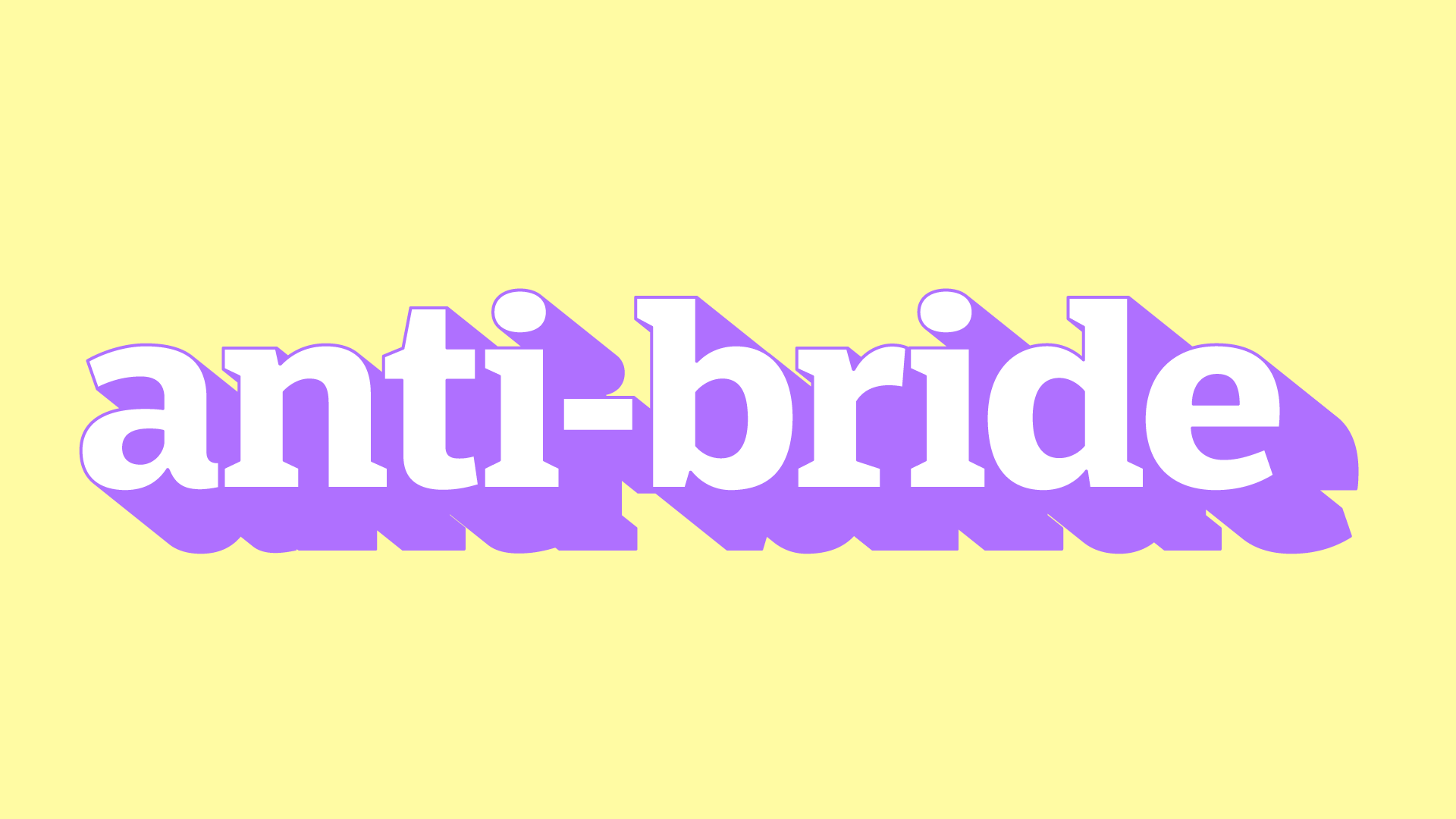Word of the Day
[gal-uh-maw-free ]
Meaning and examplesStart each day with the Word of the Day in your inbox!
By clicking "Sign Up", you are accepting Dictionary.com Terms & Conditions and Privacy Policies.
Today
Slang
Here Comes The Bride, All Dressed In... Jeans? What Does "Anti-Bride" Mean?
The Dictionary.com slang dictionary is your plus-one when it comes time to learn what this term means. Read more.
Advertisement
Games
Calling all cruciverbalists! Sharpen your mind with crosswords and word games, or take a brain break with your favorite classic games.
Play 80+ gamesAdvertisement
Featured
Write smarter
Informal vs. Formal Writing: What’s The Difference?Trending
Advertisement
Newsletter

Salutations, logophile!
Sign up to get everything a word lover could want: word origins, fun facts, and the latest language trends.
By clicking "Sign Up", you are accepting Dictionary.com Terms & Conditions and Privacy Policies.
Advertisement
Browse



